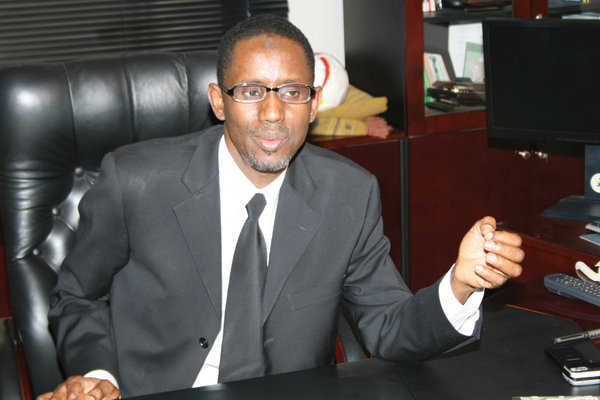Former Chairman of the Economic and Financial Crimes Commission, Mr Nuhu Ribadu has urged President Muhammadu Buhari to reinforce anti-corruption agencies to recover dirty money because many Nigerian investments are financed with dirty money.
Ribadu emphasised that dirty money is the source of all Nigeria’s problems. He said this during the second Anti-money laundering/combating financial terrorism stakeholders’ consultative workshop organised by the Association of Certified Anti-Money Laundering Specialist.
He said “Everything that is wrong about Nigeria has to do with dirty money. If you can follow it, get it back and punish these people, then you have cured the problem of Nigeria.
“When I look around, I see a lot of investments done with dirty money. Government needs help in identifying and arresting these people. Though it may seem like a daunting task, with professionals like ACAMS, Nigeria is poised to achieve this.
“In 2003, Nigeria was on the blacklist of most developed countries especially the US for money laundering.”
He added that money movements should be tracked because “even clean money can be used to finance terrorism.”
He disclosed that during his first few months as EFCC Chairman, over N200 billion was recovered from the financial industry while $75 million was returned to victims of the advanced fee fraud.
He noted that the world started taking Nigeria seriously when EFCC began operations.

